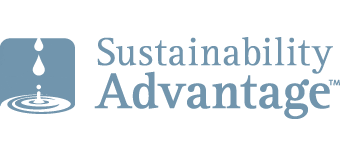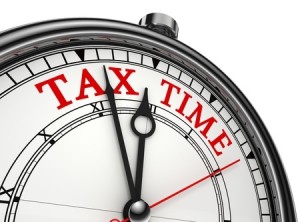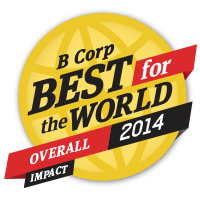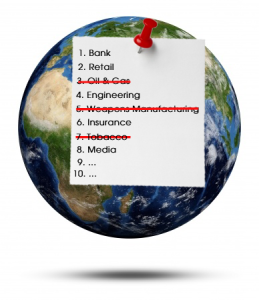7 Ways to Get Credible and Stay Credible

In The Sustainability Champion’s Guidebook, I explain seven leadership practices used by successful change agents. They are all important, but the one that tops them all is “Get Credible; Stay Credible.” Leadership gurus Jim Kouzes and Barry Posner agree. After writing their landmark book, The Leadership Challenge, they wrote Credibility: How Leaders Gain and Lose It, and Why People Demand It.
Without credibility, leaders are not trustworthy. Based on my years of leadership experience and hundreds of books and articles by sustainability leaders, here are 7 ways to become, and stay, a credible sustainable champion. Read More










